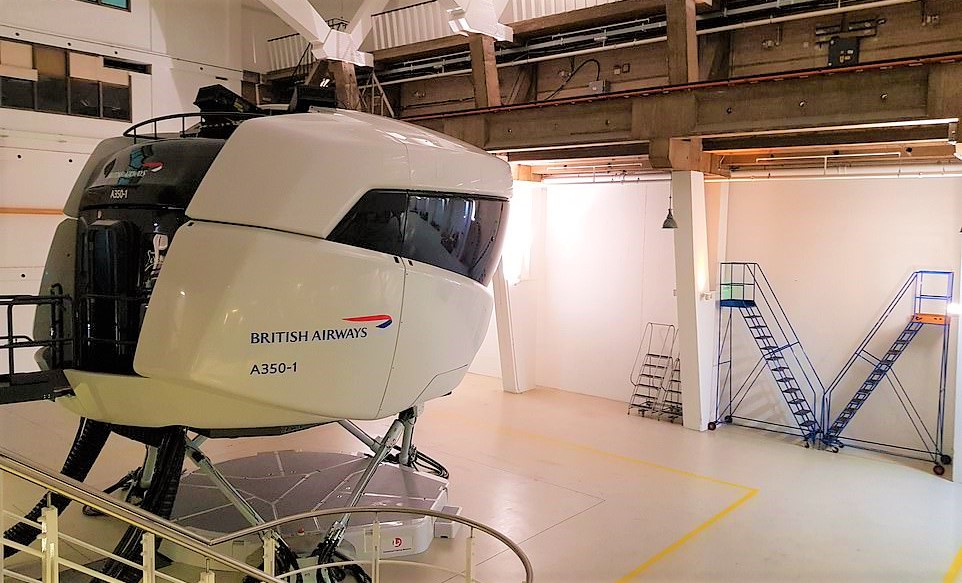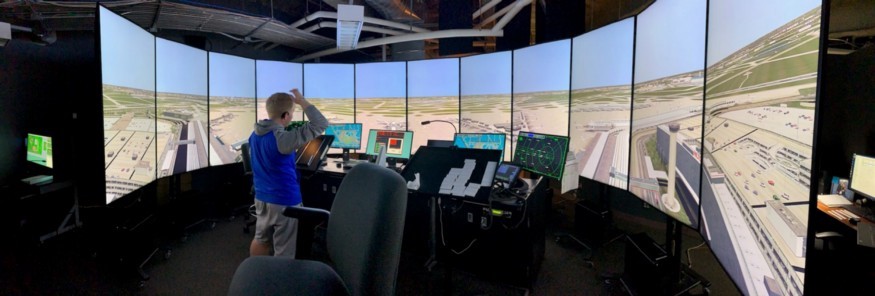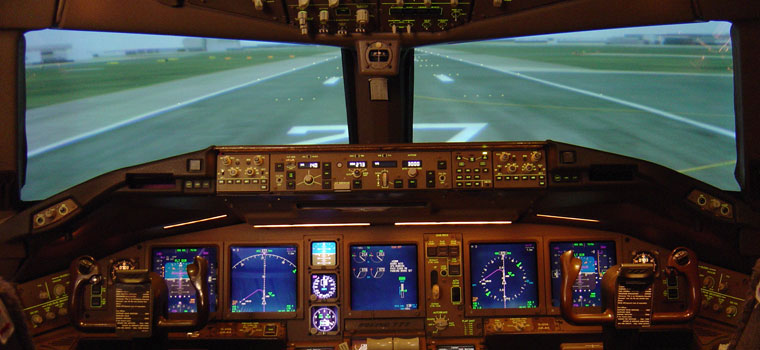


Dated back to December 20, 1995 , as the original version , the US Federal Aviation Administration (FAA) and UK Civil Aviation Authority (CAA) finalised an agreement, a revision to the original document, that will allow the two countries to share each other’s evaluation and acceptance of flight simulators, in a post Brexit Aviation domain.
The agreement reads,
This document sets forth the Federal Aviation Administration (FAA) and the United Kingdom Civil Aviation Authority (CAA) procedures for implementing the Full Flight Simulator(s) (FFS) evaluation provisions of the Agreement for the Promotion of Aviation Safety between the Government of the United States and the Government of the United Kingdom signed December 20, 1995.
Effective: January 25, 2022 , the mutual agreement will reduce the regulatory burden on business while maintaining aviation safety.
The terms and conditions, which update the 2005 Simulator Implementation Procedures (SIP) agreement-Revision 1, are the result of a year-long effort to continue cooperation and technical assistance in evaluating, accepting, and setting qualification standards for each other's flight simulator systems.
.png)
The cooperation will streamline pilot training resources from both the sides .
The UK’s departure from the European Union and the European Union Aviation Safety Agency prompted the recent update of the SIP. By leveraging FAA and CAA resources, both agencies will be able to allocate resources to higher safety-risk areas and ensure continued efficiencies.
The Agreement provides, in pertinent part, that the FAA and the CAA shall pursue mutual cooperation and technical assistance in evaluation and acceptance of each other's systems and standards for FFS qualification evaluations. Upon mutual satisfaction with these systems, the Agreement directs the Authorities to execute these procedures for reciprocal acceptance of FFS qualification evaluations.
The objective of these Simulator Implementation Procedures, in accordance with the Agreement, is to outline the terms and conditions under which the FAA and the CAA can accept each other's evaluations of FFSs for findings of compliance with FAA Simulator Standards and CAA Simulator Standards, thereby reducing redundant regulatory oversight without adversely affecting the fidelity of FFS and aviation safety.

The FAA reopened its office at the US Embassy in London to support cooperation and technical assistance between the two countries following the United Kingdom’s exit from the European Union and CAA’s separation from EASA.
The FAA and the CAA shall meet at least once a year to discuss these Simulator Implementation Procedures, ongoing projects, changes in their own organizations, any revisions to their requirements, technical support requests, or any other matters relating to these Simulator Implementation Procedures.
The frequency of these meetings will depend on the resources available to each Authority, as well as the significance of any outstanding issues.
The FAA and the CAA shall provide information and assistance regarding the evaluation and qualification of FFSs to be performed under the terms of these Simulator Implementation Procedures to their respective stakeholders.

The FAA and the CAA agree to provide technical support to each other, upon request, to further the purposes and objectives of these Simulator Implementation Procedures.
The FAA and the CAA may decline to provide such technical support due to lack of resource availability, because the activity is not within the scope of these Simulator Implementation Procedures, or because there is no regulatory involvement with the training facility. Such areas of support may include, but are not limited to:
► Providing recommendations or endorsements relating to evaluations conducted by the FAA or the CAA;
► Providing reports regarding any noncompliance with the requirements described in these Simulator Implementation Procedures by FFS operators in the UK and the United States;
► Verification of a declared closed Defect;
► Conducting and reporting on investigations at the request of the other Authority; (e) Obtaining and providing data for reports where requested; and
► Conducting a special evaluation of an FFS in the event of a relocation or modification of the device.

The FAA and the CAA shall provide each other with regulations, policies, guidance, practices, and interpretations relevant to these Simulator Implementation Procedures, and shall ensure that such documents are updated in a timely manner.
In addition, any FAA or CAA proposal to issue or amend such documents shall be provided to the other Authority for the opportunity to review prior to the amendment being affected, consistent with their national laws and administrative procedures.
Cooperation may also include a regular exchange of ideas and views on the current status and potential trend(s) in FFS technology and its application, possible exchange of technical personnel on temporary details, joint participation in research and FFS evaluations, and any other means that further the objective of the Agreement.
Courtesy : FAA .
